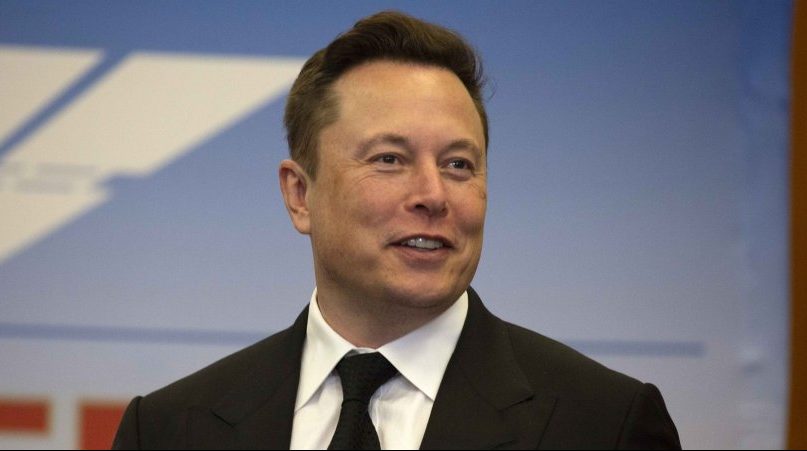In a YouTube live stream on Friday, Aug. 28, Elon Musk unveiled the prototype of an odd piece of technology that could have come from a “Black Mirror” episode — the Neuralink. This device is supposed to interface with your brain, allowing you to control other devices with your brainwaves rather than your hands.
The technology is purported to be for paraplegics to give them the ability to easily communicate with their devices, according to the information given in the stream. To demonstrate its effectiveness, Musk even went as far as to show the brain patterns of a pig with the device attached.
For now, this may seem like a saving grace for those with disabilities, but one thing we need to consider moving forward is the potential behind this technology. There are dangers inherent in technology that many of us do not consider until it is ingrained in our culture.
The issue that most concerns me is what this device could do to our culture. In the “Arkangel” episode of the aforementioned “Black Mirror” series, an overbearing mother uses a similar device to censor many things she would not like her daughter seeing in real life. The Neuralink may not be able to alter the image of reality, but it could implant images in the mind that we would rather not have there.
As if our culture doesn’t have enough issues and distractions, the Neuralink could allow minds to be bombarded with advertisements of products or apps the company would like a customer to purchase.
It could exacerbate the issues people have with anxiety, ADHD and depression, even though Musk said it would help with those issues.
The dangers of smartphone culture are bad enough — we can do without them in our brains.








